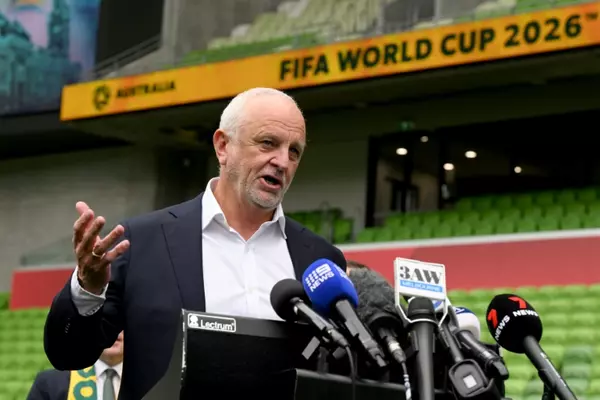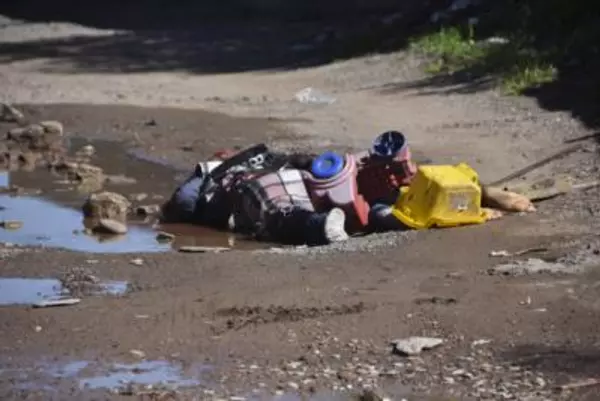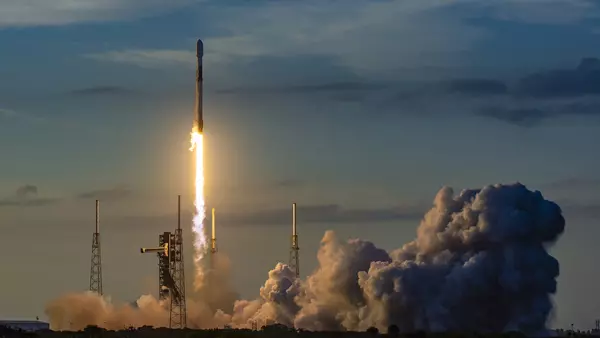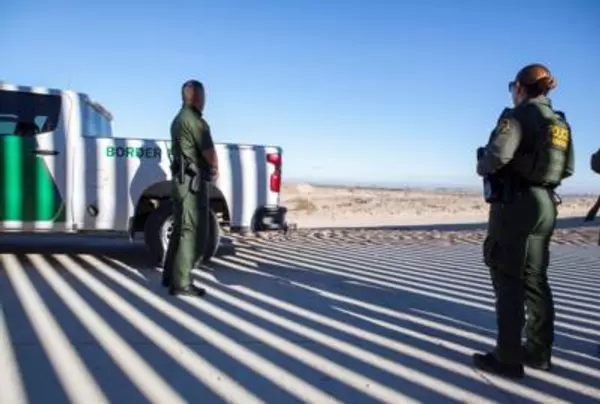
The prime minister has hopefully enjoyed his first five days in the job. It will never be this easy again, but it’s been the ideal start. A meeting with key regional allies and the US president, a big outreach to the Pacific, a return to glowing reviews. All the problems are ones created by his opponents, who are busy arguing among themselves about why they lost so badly.
The change of press gallery tone is remarkable. Dismissed for much of the past three years, his small-target strategy derided, Albanese couldn’t win — or so most political journalists had decided. Few really knew how hated Scott Morrison really was. In fact, stuck in Canberra for most of the past two years, political journalists had little idea of what most voters were thinking.
The first signs came when the Queensland and Western Australian governments cashed in electorally on pandemic lockdowns to the astonishment of the Canberra press gallery which had accepted the Liberal narrative that freedom-loving Aussie voters were champing at the bit to escape lockdowns.
Throughout, Albanese stuck to his plan to make Morrison the issue, and he succeeded.
With barely a shrug, the gallery has reversed itself and Albanese is our new suburban statesman, comfortable on the world stage, agreeing with French President Emmanuel Macron to turn the page on Franco-Australian relations, suggesting China start dropping sanctions if it wants to improve relations, planning a regional visit.
Penny Wong’s transition to Foreign Affairs Minister — and already a far higher profile one than the woman she replaced — has also been seamless. (Overlooked is that Australia has had a female foreign affairs minister since 2013 and will continue to do so.)
But foreign affairs is the easy bit. All new governments roll their eyes and theatrically declare that things are much worse than they were led to believe about the budget, and Jim Chalmers and Katy Gallagher are undertaking that ritual with enthusiasm right now.
But the problems are all in plain sight: a vast debt, a high-inflation economy — even higher after yesterday’s Australian Energy Regulator ruling — with rising interest rates, but with growth likely to taper off dramatically next year, especially if China continues to underperform. Higher interest rates and slower growth might take some of the pressure out of the job market, and demands for more foreign workers, but at the moment it seems no area of the economy, from aged care to hospitality to waste collection to grocery supply chains, is free from the challenge of COVID-related absenteeism.
That specific issue will — hopefully — go away, but now that we’ve had a taste of what the economy is like if you can’t get foreign workers, it’s time we took the challenge of labour supply seriously. Currently responsibility for workforce issues is split between industrial relations, immigration, education and sector specific policymaking areas (agriculture, health, aged care).
As the developed world and China continue to age and need more and more foreign workers, the problems we face now will become increasingly common. It’s great news for young workers from less developed economies, but a big challenge for policymaking here.
And just one of many on the domestic front.
Albanese might end up looking back fondly on his first frenetic week.







